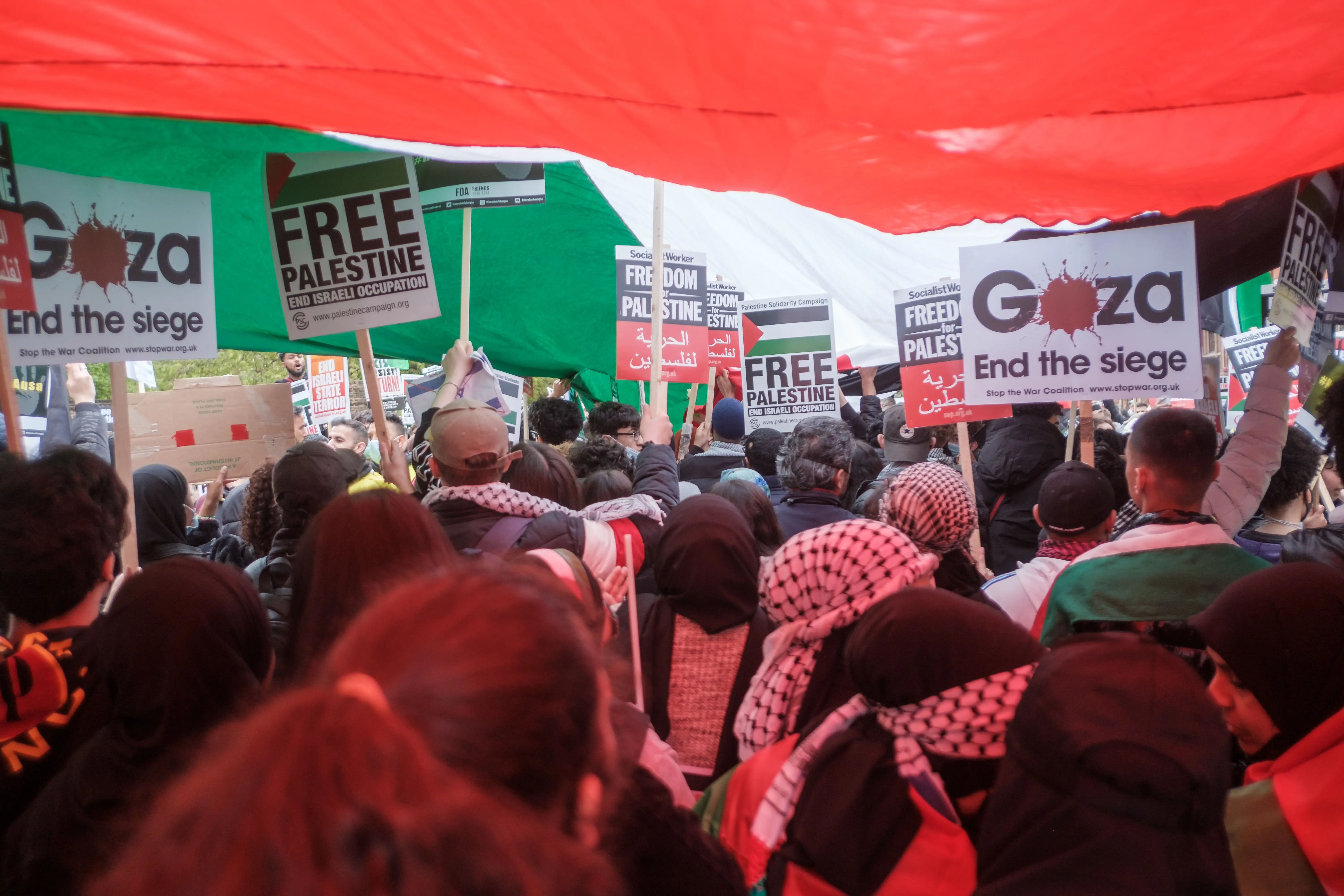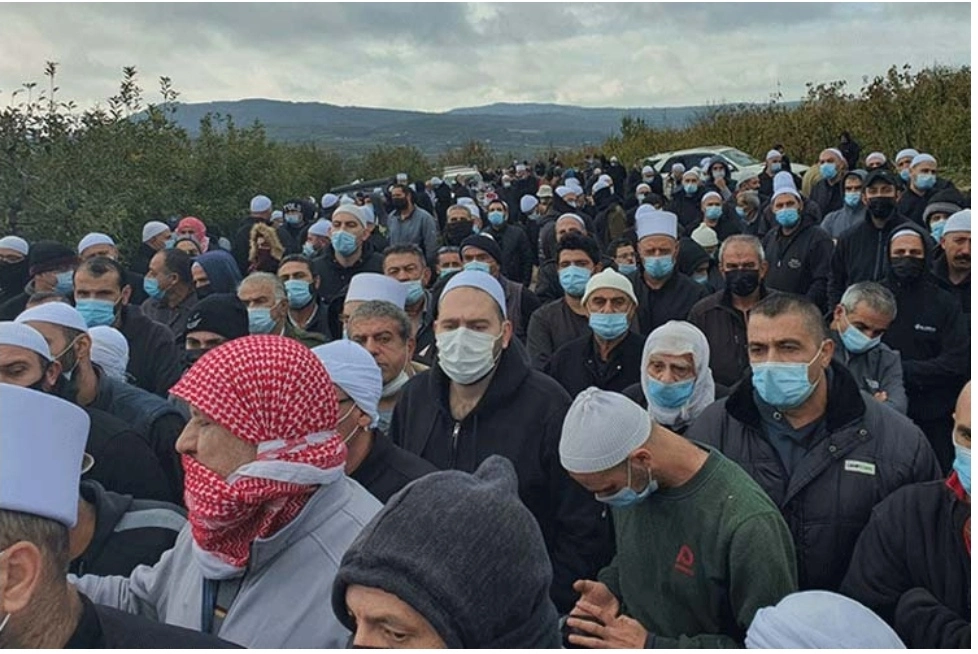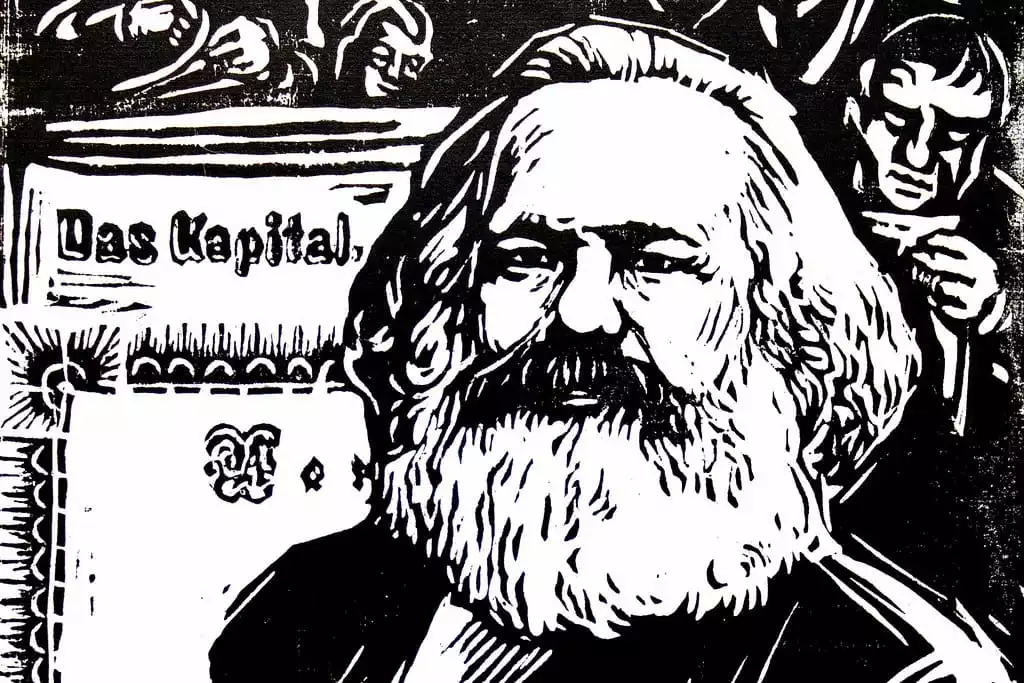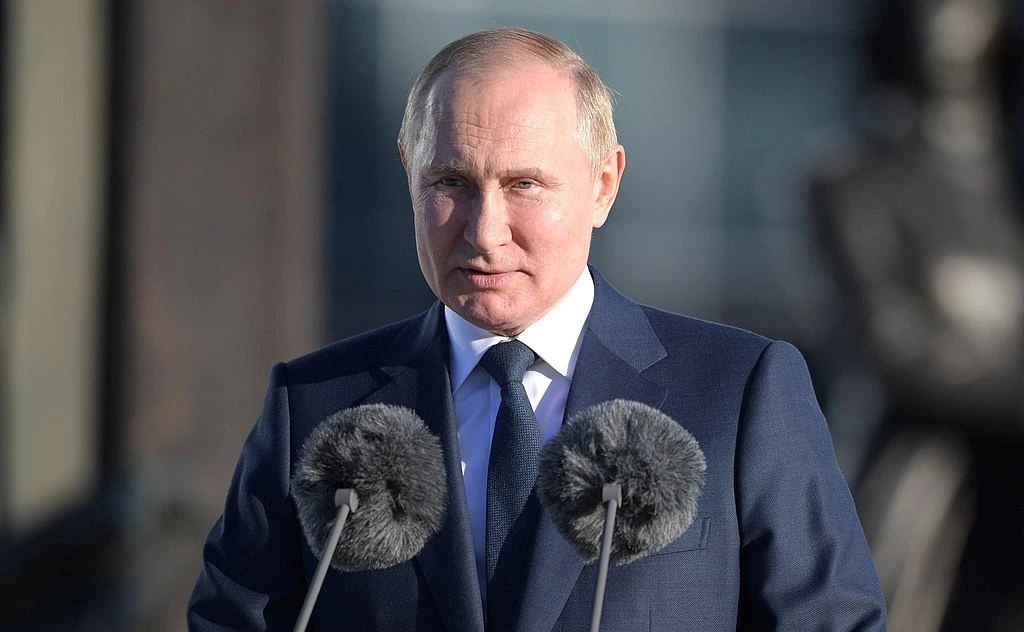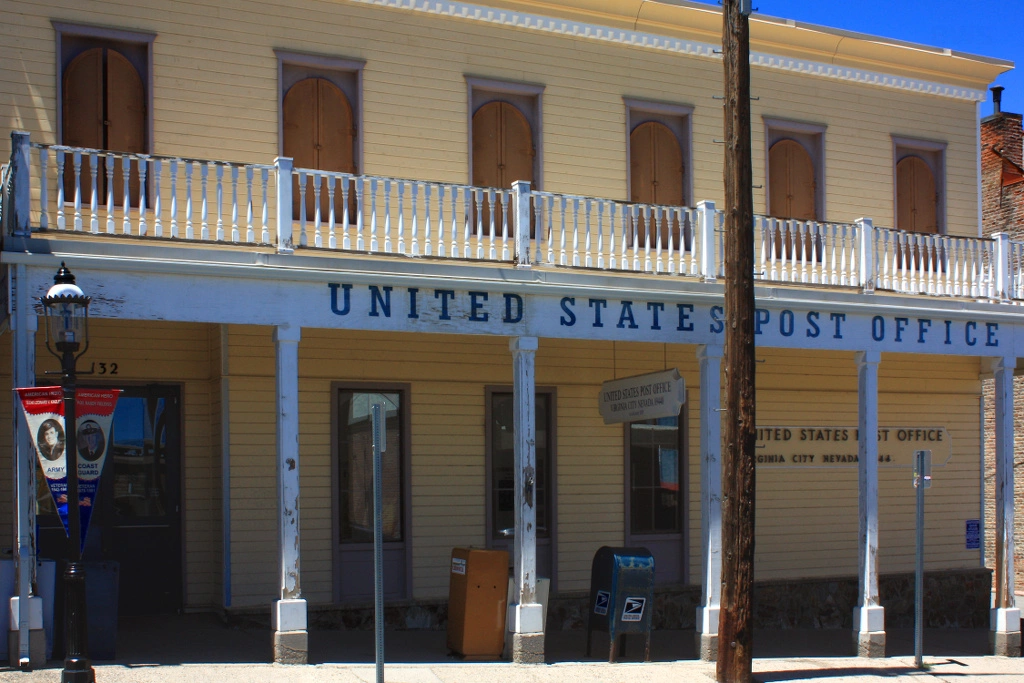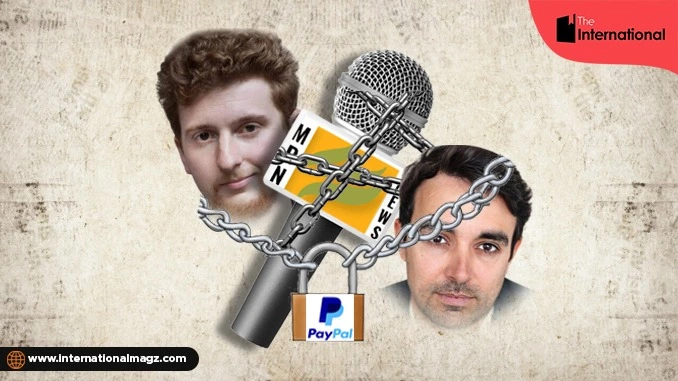The Nakba commemoration takes on a very special meaning this year. As we commemorate the 73rd anniversary of the great exodus, the Palestinian people have been subjected to a war of all kinds for several days. Indeed, it is the latest attempts of illegal expulsions according to the UN resolutions 478 in Sheikh Jarrah that are at the origin of the current revolt of a whole population against the Israeli occupation. All means are used to suppress the resistance of a nation: aerial bombardments in Gaza, live ammunition in the West Bank, police repression in Jerusalem and attacks on the Arab population in Israel by ultra-right militias. This latest tragedy has already left nearly 300 people dead and several thousands injured.
From Jerusalem, to the West Bank through the Gaza Strip, the uprising is global. While in previous rounds, the hot conflict was limited to the Gaza Strip, this time the solidarity is national. The uprising started in Jerusalem and the other regions joined in. Even the Palestinians in Israel occupation, commonly referred to as the Palestinians of 1948, have joined in. While in the past, these populations were silent and limited their actions to traditional peaceful demonstrations of solidarity, this time the evolution is notable.
More weakened than ever
The headlong rush of Netanyahu, who is beginning his fifth term as Prime Minister, no longer surprises anyone. He has accustomed us, for nearly 25 years that he has been in the highest spheres of power, to his provocative acts and his endless wars to get out of trouble. This time, the gap seems to be abysmal between a political and economic reality that is more than gloomy and his dreams of a "regional peace" at the expense of the main stakeholder: the Palestinian population. This mirage of peace with certain Arab states in the region passed as quickly as it was announced.
For several years now, Israel has been experiencing an unprecedented crisis that affects the very legitimacy of its rulers. The protest movement that railed against the corruption of the Netanyahu government only died down with the outbreak of the global pandemic a year earlier. But nothing has been resolved, worse still, the gap between the elites and the rest of the population seems wider than ever. In the era of the global crisis of the neoliberal system, the State of Israel is suffering the consequences of the policies it has been carefully implementing since the 1980s: privatization, the weakening of the social safety net, the marginalization of the unions, etc. So, what better way to divert attention than with the policy of colonization of Jerusalem and the Sheikh Jarrah neighborhood that has led to the current unrest?
Unable to form a new government since the March 2021 elections, Netanyahu is playing with fire and even seems ready to set the whole region ablaze to obtain the popular support he lacked in the last elections. The gamble seems risky. Indeed, we are further than ever from a massive military victory of Israel, which is unable to silence the missiles that now threaten a large part of the territory, including the economic center, Tel Aviv. Moreover, a ground incursion into the Gaza Strip seems to be out of question for the time being, as it would be too costly in human lives for the Israeli army, which must also fight on several fronts at the same time. Therefore, the only viable military option seems to be an indiscriminate aerial and ground bombardment of this enclave, without regard for the lives of the civilian population which forms the bulk of the victims.
An alternative to the mass media
While all eyes are on Gaza for the moment, the biggest challenge for Netanyahu is not necessarily there. Since Hamas took power in the territory, this is the fourth major armed conflict and its outcome will probably be the same as the others: a fragile ceasefire with a new balance of power until hostilities resume. The main issue is rather in the other rebel territories. How to restore order except with forced evictions, massacres, imprisonments and extrajudicial killings? In short, a reinforcement of the apartheid regime while all the eyes of the world are turned towards Israel.
However, in times of "Black Lives Matter”, these policies are no longer acceptable. Even the Biden administration, which was elected in the midst of a racial crisis and which has verbally supported the black emancipation movement more than once, can no longer remain indifferent. While the United States' diplomatic support for the Jewish state remains strong, there has been a certain decline in the level of discourse. For example, Antony Blinken, the new Secretary of State, in a rare statement on May 12, said that "the Palestinians have a right to security," indicating a shift in tone from the Trump era. This evolution certainly has to do with the media coverage of the conflict. Indeed, social networks are now widely used and fully participate in freeing the voice of populations that are suffering from the repression of the occupation.
Thus, videos have been circulating for several weeks showing scenes of institutional violence that have become commonplace. They are being played on a loop on phones around the world and are part of the solidarity campaign. Messages of support for the Palestinian cause can also be found on the pages of many celebrities in the United States. Although the past two weeks have seen unprecedented censorship with the outright closure of thousands of pro-Palestinian Instagram, Facebook and Twitter accounts, it is now impossible to control the narrative story. The images continue to circulate and solidarity with the Palestinian people is international as shown by the various demonstrations around the world.
All these elements together, indicates the beginning of a new phase of confrontation and call for even more international solidarity with the Palestinian struggle of national liberation. After decades of division, the Palestinians seem more united than ever and the slogan, "from the river to the sea, Palestine will be free" is more relevant than ever.
